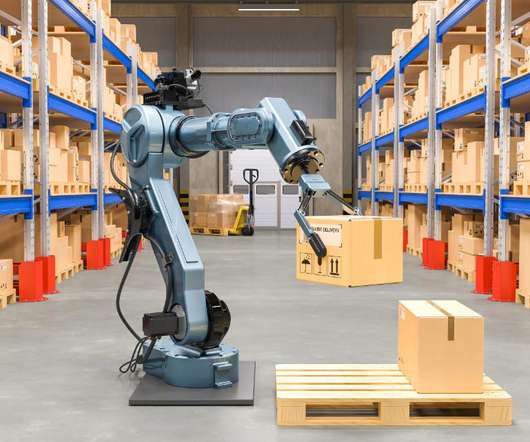Why Is Technology Not Producing Productivity Improvements?
The Horizons Tracker
FEBRUARY 23, 2023
His comment reflected frustration that despite the considerable hype around the digital technologies of the day, productivity stats were barely moving. It was widely believed that this was largely a case of organizations attempting to introduce new technologies to processes that were designed very much with the old ways of working in mind.

































Let's personalize your content